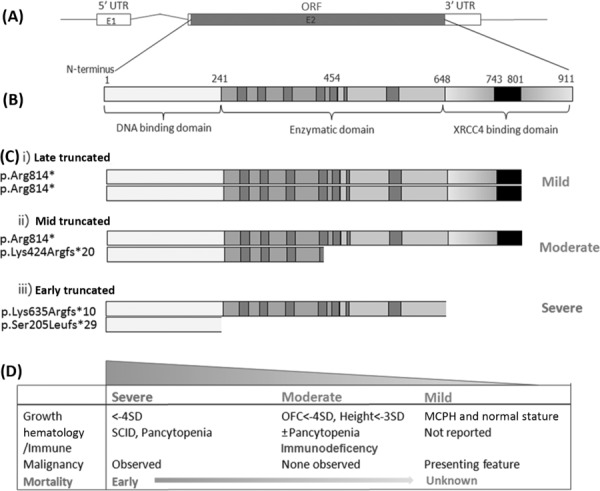Protein Truncation Analysis Service
Protein truncation refers to the production of shortened polypeptides lacking essential structural or functional domains. Such events can result from genetic mutations, splicing errors, or proteolytic processing, often leading to loss of function, dominant-negative effects, or altered protein stability. Detecting and characterizing truncated proteins is essential for understanding their biological consequences and ensuring the integrity of therapeutic or recombinant proteins.
MtoZ Biolabs provides a comprehensive Protein Truncation Analysis Service that integrates high-resolution LC-MS/MS, Western blotting, SDS-PAGE, and immunoprecipitation. Our service enables precise detection of truncation events, mutation validation, and protein quality assessment, supporting both basic research and biopharmaceutical development.
Overview
Premature termination of translation is a frequent consequence of nonsense or frameshift mutations that introduce early stop codons, or of aberrant splicing that alters the coding sequence. These mechanisms generate shortened proteins lacking critical regions necessary for enzymatic activity or molecular interactions.
While genetic sequencing can identify mutations that may cause truncation, only protein-level analysis can confirm the actual expression and stability of truncated forms. Protein truncation analysis therefore serves as a vital link between genomics and proteomics, providing direct biochemical evidence that connects genetic variation with molecular and phenotypic outcomes.
This analytical approach is also widely used to explore degradation mechanisms, identify proteolytic enzymes and chaperones involved in proteostasis, and support drug discovery efforts targeting abnormal protein processing.

Murray, J. E. et al. Hum. Mutat. 2014.
Figure 1. Functional and Clinical Impact of Protein Truncation Events
Services at MtoZ Biolabs
1. Targeted Protein Truncation Analysis
MtoZ Biolabs provides targeted analysis of protein truncation events for client-specified proteins. This service offers precise identification of N-terminal or C-terminal truncation sites and supports studies that require verification of specific processing events, assessment of proteolytic cleavage under defined conditions, or characterization of truncated protein variants relevant to functional or therapeutic research.
2. Protein Truncation Proteomics
MtoZ Biolabs offers proteome-wide profiling of truncation events across complex biological samples. This service enables large-scale mapping and comparison of truncation patterns and supports discovery driven investigations into protein processing, degradation pathways, or condition dependent structural alterations across tissues, cell types, or treatment groups.
Analytical Techniques
MtoZ Biolabs employs a suite of complementary analytical techniques to accurately detect and characterize protein truncations. Each method provides distinct, confirmatory evidence, ensuring reliable identification of truncated products across diverse biological and recombinant systems.
1. SDS-PAGE
SDS-PAGE separates proteins based on molecular weight, allowing visual comparison between full-length and truncated species. Differences in electrophoretic mobility provide an initial indication of truncation or degradation before advanced analytical confirmation.
2. Western Blotting (WB)
After SDS-PAGE, proteins are transferred to a membrane and probed with terminal- or domain-specific antibodies. Western blotting reveals truncated proteins as smaller immunoreactive bands relative to full-length targets, confirming truncation events, particularly in low-abundance proteins.
3. Mass Spectrometry (LC-MS/MS)
High-resolution LC-MS/MS enables peptide-level identification of truncation sites. Following enzymatic digestion, peptide fragments are analyzed to determine missing terminal regions and truncation boundaries. Distinct fragmentation patterns and sequence coverage maps provide unambiguous confirmation and quantitative comparison of truncated forms.
4. Immunoprecipitation (IP)
Immunoprecipitation enriches the target protein from complex mixtures prior to electrophoresis or MS analysis. By isolating full-length and truncated variants with specific antibodies, this approach enhances sensitivity and reduces background interference, ensuring confident identification even at low expression levels.
5. Optional Complementary Techniques
To achieve higher analytical depth, additional orthogonal techniques can be integrated:
Intact Mass Analysis for detecting precise molecular weight deficits.
Top-Down or Middle-Down MS for direct sequence interrogation without proteolytic digestion.
HPLC or CE-SDS Profiling to evaluate purity, fragment distribution, and aggregate-free status prior to MS confirmation.
Together, these methods form a robust and flexible analytical platform suitable for both mutation-based truncation studies and biopharmaceutical quality evaluation.
Sample Submission Suggestions
MtoZ Biolabs accepts purified proteins, cell lysates, tissue extracts, and process intermediates. To ensure optimal data quality:
- Provide at least 50 µg of total protein or 100 µL of solution at ≥0.5 µg/µL.
- Avoid repeated freeze-thaw cycles and store samples at –80 °C.
- Ship on dry ice with detailed sample information, including protein source and project objectives.
Why Choose MtoZ Biolabs?
✅ High-Resolution Analytical Platforms utilizing Orbitrap and timsTOF systems for precise protein identification.
✅ Integrated Validation Strategy combining LC-MS/MS, Western blotting, and immunoprecipitation for robust confirmation.
✅ Comprehensive Bioinformatics Support providing sequence coverage mapping, truncation annotation, and quantitative analysis.
✅ Flexible Service Options tailored to research, preclinical, and QC applications.
Applications
● Mutation Verification: Confirm the expression of truncated proteins resulting from nonsense, frameshift, or splice-site mutations in genes such as BRCA1/2, APC, TSC1/2, and NF1/2.
● Disease Mechanism Research: Study how truncation affects protein function, complex formation, or localization in cancer, neurodegenerative, and metabolic diseases.
● Protein Quality Control: Evaluate recombinant or therapeutic proteins for partial translation, cleavage, or degradation products to ensure batch consistency and regulatory compliance.
● Proteostasis and Degradation Pathways: Identify truncation intermediates and enzymes involved in protein cleavage and degradation processes.
● Biomarker and Drug Discovery: Detect truncation-associated biomarkers and assess drug candidates targeting truncated or unstable protein forms.
Protein truncation can profoundly influence biological function, disease progression, and therapeutic protein stability. MtoZ Biolabs delivers a reliable, publication-quality Protein Truncation Analysis Service powered by state-of-the-art proteomic technologies. Our integrated approach provides direct evidence of truncation, accurate site localization, and quantitative assessment, helping researchers validate mutation effects, explore degradation mechanisms, and ensure protein product quality.
Related Services








